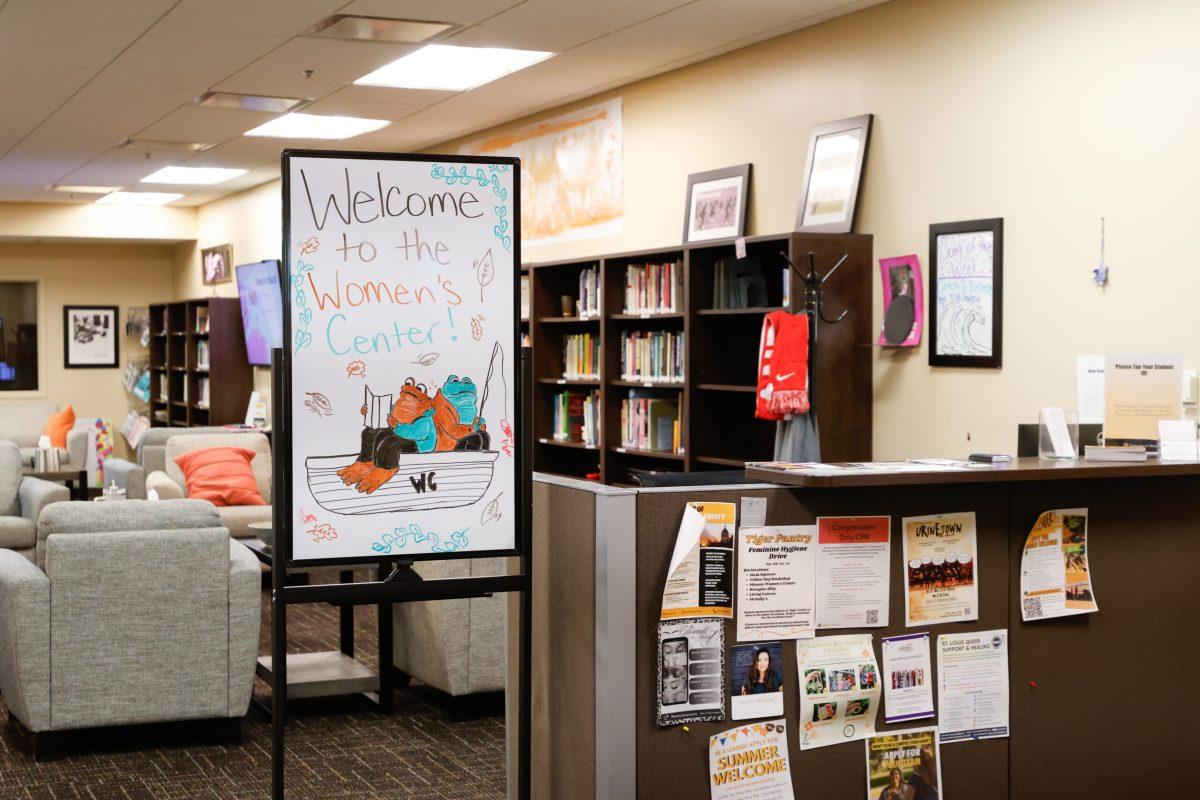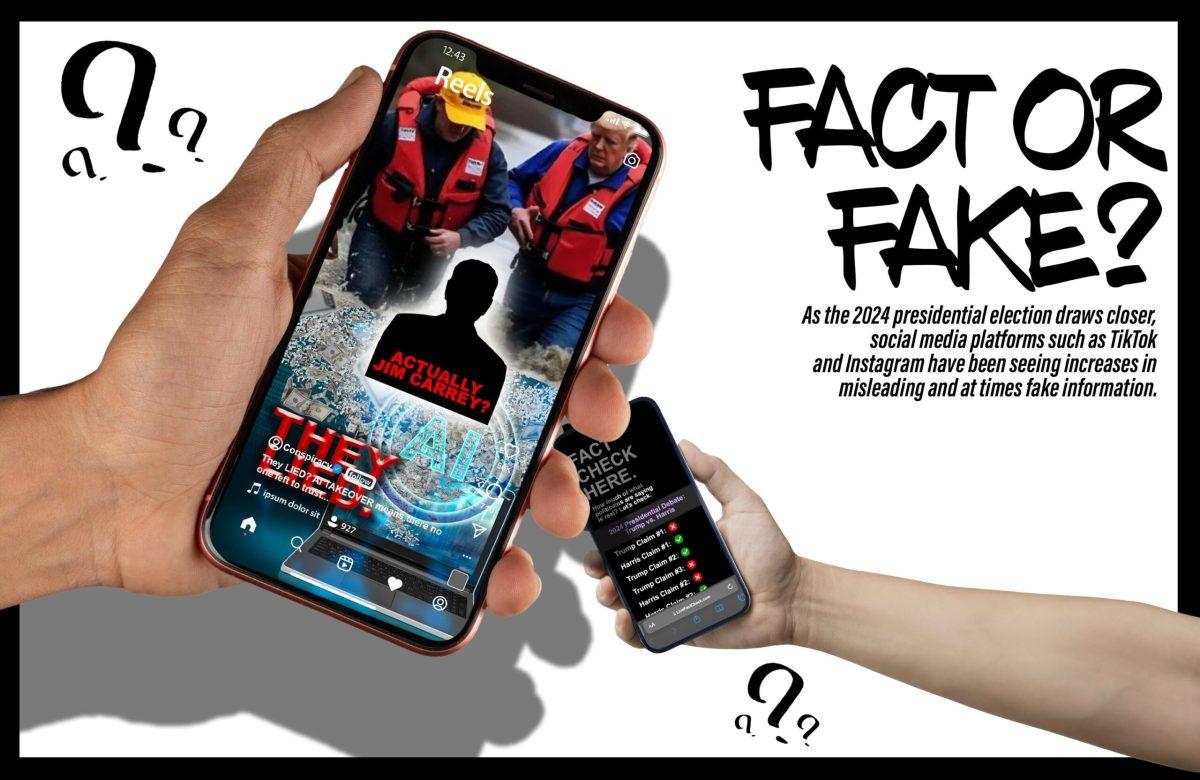I don’t know how many people make semester goals for themselves.
This past fall, my goal for the year was to get involved in as many major-related organizations as possible to learn things related to engineering outside of lectures. I also wanted to put application to what I was learning.
One of the things I didn’t anticipate learning about was that my degree could be used in promoting human welfare.
I just never thought about it. One of the clubs I’m involved in is focused on improving a community in Honduras through a project involving water treatment, and another club had outreach events in local elementary schools. I think these are two key ways people can give back to society.
More people promote altruism by volunteering at places like soup kitchens and animal shelters. Not to say that these types of things aren’t beneficial, but there are also ways that you can apply the skills you’ve learned to make long-term change for the community.
People in science, technology, engineering and mathematics fields have something to offer that other majors cannot. They can help design and implement projects, as well as provide treatment and analysis that people from other fields cannot. With the ability to provide for medical needs, clean drinking water or improve their homes and communities, STEM majors can really raise the standard of living in places like developing countries.
One of the things I feel gets lost on people when they think about engineering is the impact it has on people. Yes, you have to use a lot of math, but after all of this undergraduate song and dance is over, you are also developing skills that can produce change in the world around us. There is always that human component there.
This isn’t to say that only STEM majors can help produce change. Having a diverse group of experts from which to draw experience and understanding makes all efforts more robust and stable. Cultural and political understanding is an extremely important component to any major societal effort and it’s not something included in chemistry or calculus classes. People in so-called “soft sciences,” such as political science, sociology and anthropology, can provide essential understanding and direction for such efforts.
There are also ways of helping others in a more local sense. You can still help here in your own community through education and outreach to generate interest in the field for future generations. According to a [survey by Intel](media.oregonlive.com/hillsboro_news/other/Intel%20Engineering%20Survey%20Results.pdf), most kids don’t know what engineers do, and when the projected [demand for engineers is expected to keep increasing](http://www.nae.edu/Activities/Events/AnnualMeetings/19611/53074.aspx), outreach efforts are a good step in trying to reach that goal. It can be said for pretty much every major that people outside of that field have only a vague understanding of the things entailed. When you engage people in your field, you create awareness and possibly interest.
I feel like it’s worth mentioning that sometimes the problems plaguing communities can’t be fixed with just providing them with aid or a service. Sometimes government corruption and years of injustice have combined into creating a current situation, but even if you make life a little easier for just a handful of people, you’re still making progress.
Even if you don’t really have a philanthropic bone in your body, and the altruistic reasons hold no appeal for you, you still probably need to be involved in something. Some day, employers will look at your resume and if they see that you have no extra-curricular involvement, they’re going to suspect you just sat in your room all day outside of going to class. Working with an organization may help you with job prospects by helping you gain experience and skills or building a network. And involvement in an organization with a humanitarian mission simply looks good.
No matter your major, you can apply it to giving back to the community, and the more you do, the better off the world we live in will be.










